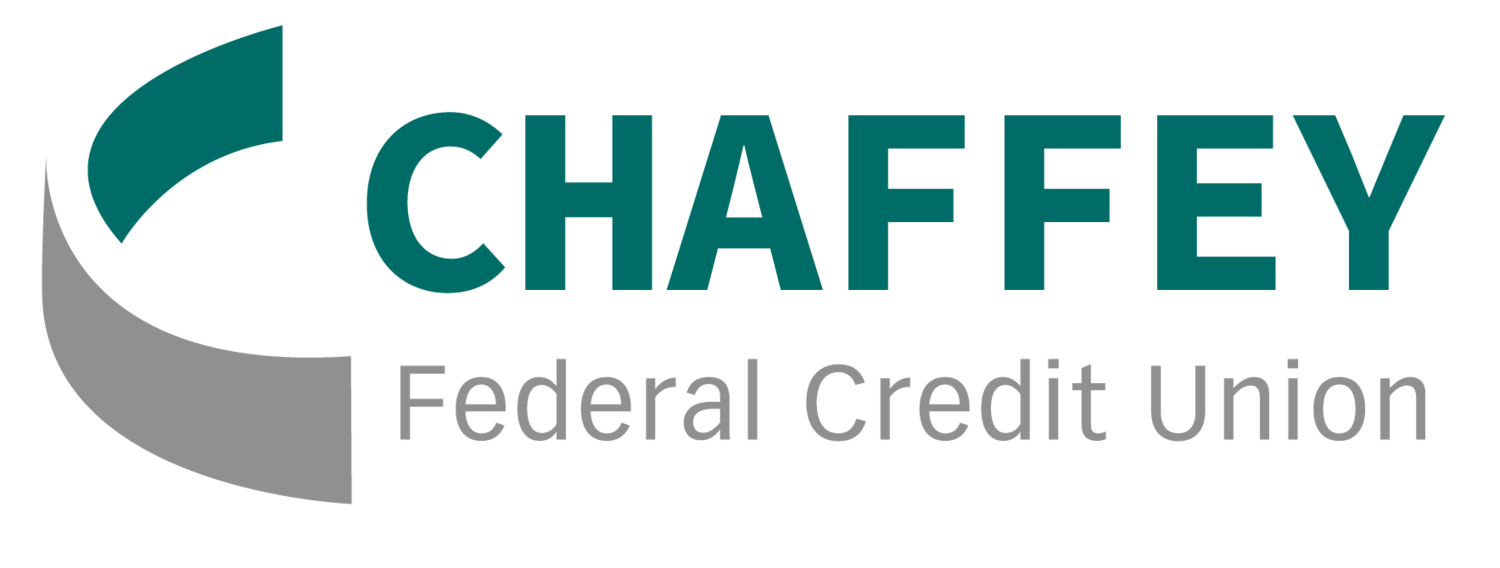What To Do If Your Information Has Been Compromised
A recent data breach of National Public Data, a background check company, has sparked a lot of conversation and concern. You may have heard stories about individuals’ personal information being leaked in this security breach. At Chaffey FCU, we take data security very seriously – we want to make sure you have the education to keep you and your personal information secure outside of the credit union.
Although this unfortunate breach is in no way connected to Chaffey FCU, it’s important that it is still taken seriously. We’re here to share some resources on what to do if your information has been affected by a data breach:
Look out for Notifications
If your information is lost, you’ll likely get a notice from the company that was breached informing you of the event and the extent of what was lost. If you have identity protection services in place, such as credit or identity monitoring, you will likely get a notice from this service as well. Subscribers to our Chaffey Plus Checking account* receive IDProtect®**, which includes continuous identity monitoring*** and credit file monitoring*** – you will be notified immediately of any changes to your credit file, or get a monthly reassurance e-mail if no changes were made. These services will help identify and alert you to suspicious activity related to your identity.
If you receive a notification of this type, don’t panic! Seeing this does not necessarily mean your information has already been used by criminals. There are steps you can take to help prevent fraud tied to your identity.
Credit Freeze vs Credit Lock
Credit Freezes and Credit Locks are two common options for placing additional security on your report. Knowing how each option differs can help you select the service for your needs.
Credit Freeze: This service is available free at each credit bureau. Freezing your credit prevents lenders from viewing your information until you decide to unfreeze it. Since creditors and lenders can’t open your report, it prevents fraudulent accounts from being opened in your name. You can freeze your report at each of the three credit bureaus (Equifax, Experian, and TransUnion) directly with each bureau.
Credit Locks provide the convenience of allowing you to place or remove the lock at your own discretion, without reaching out to the three credit bureaus. This service is usually offered for a fee from each of the bureaus.
To help you better understand the details, NerdWallet gives a detailed breakdown of Credit Freezes vs Credit Locks.
Be on the lookout for fraud attempts.
When criminals receive access to your personal information, it’s possible that you may be more likely to become a target for fraud. Knowing how fraud is evolving and how to identify if a scam may be occurring is a key skill to keep yourself protected. Phone scams, romance scams, or phishing emails have been constantly changing, and it’s important to learn how Artificial Intelligence is helping criminals create new scams. Experian has a helpful guide on what scams you should look out for in 2024.
Protecting different types of information.
Depending on what information was exposed in the data breach, there may be specific steps you want to take to help ensure your protection. The Federal Trade Commission offers specific guidance on what to do depending on the information that was lost. If your Driver’s License was lost, the steps may be as simple as reporting it lost to your nearest DMV and checking your credit report for changes. If your Social Security Number is exposed, the steps will be more in depth: monitor your credit reports for changes, consider a Credit Freeze or Lock, be more vigilant for scams (such as tax scams) and more. View the full list of information and recommendations here. Changing the passwords or adding a multi-factor authentication step to your accounts can add another layer of security before someone can access your account.
Monitor your information.
Staying updated on the activity within any of your accounts or on your credit report can help you detect fraud more quickly. Keeping an eye on your financial accounts, online accounts, or credit report can help you identify unexpected changes that you did not make. Even if you haven’t used or accessed an account for a period of time, regularly reviewing your information is essential to identifying suspicious activity. With online and mobile banking, you have access to view your Chaffey FCU checking accounts at any time, from anywhere.
Knowing how to prevent fraud and how to respond to a data breach is constantly evolving. To help you learn from the experts, we’re hosting a free Fraud Prevention seminar on August 22nd. Hosted by the Riverside White Collar FBI Squad, this presentation will provide you with insight and real-life examples from experts who specialize in resolving fraud.



